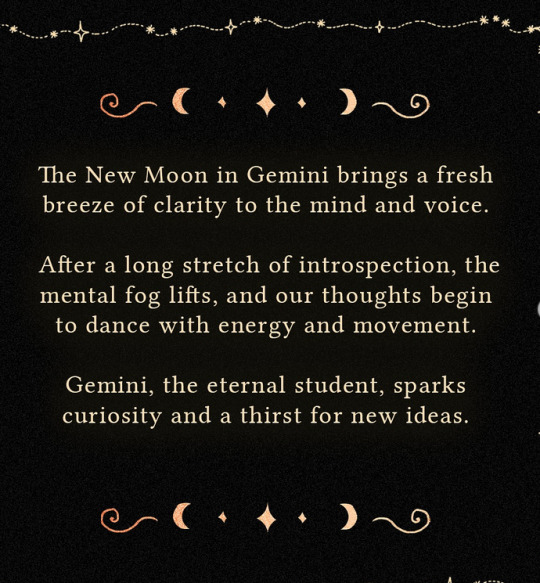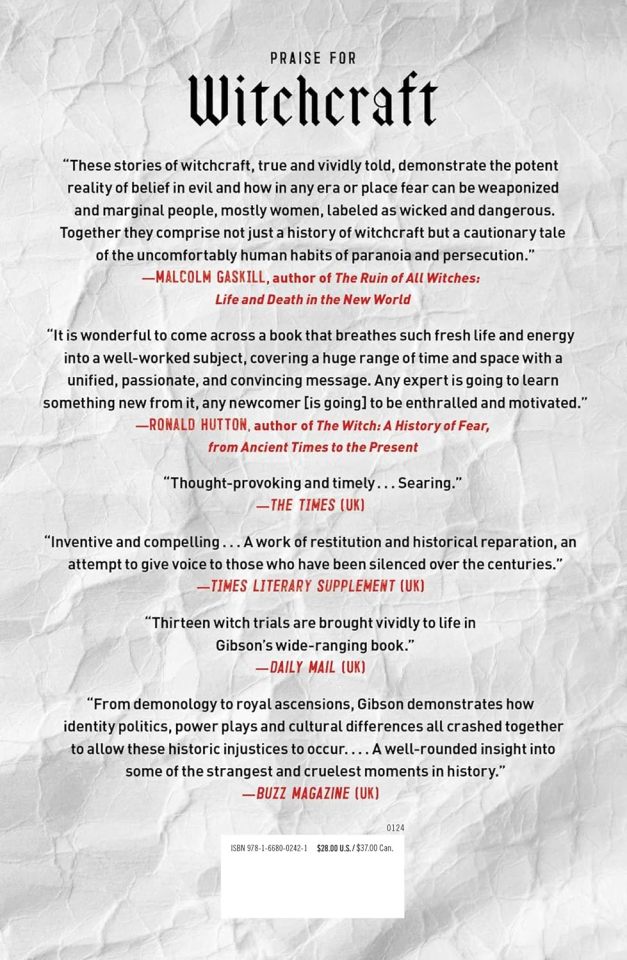the-luvwitch
54 posts
nettie ~ 20s ~ pagan witch ~ semi-professional tarot readerside blog dedicated to spiritual practices, tarot, fairy/folktales, mythologies, and other related information main blog: megjobeth-amy
Don't wanna be here? Send us removal request.
Text


2 notes
·
View notes
Text
Hestia’s House Blessing
This is a spell I made that is great for when you move into a new place or just to repeat every once in a while to keep the good energy flowing in your household. It calls upon the Greek Goddess of the hearth and home, Hestia.
Best time for spell:
Monday during a new or waxing moon. This spell is best done after cleansing the area first.
You will need:
A white tea light candle
Lavender essential oil + water
A small spray bottle
A small piece of amethyst
Directions:
1. Fill the spray bottle with clean water (you can use moon water for extra power or just regular tap water is fine) and drop the amethyst in. If you amethyst is too big, you can just hold it or attach it to the spray bottle somehow.
2. Add several drops of lavender essential oil to the water until it has a light scent.
3. Walk around your house in a circle that’s clockwise to the front of the house as best you can. Start on the main floor and work your way up. While doing this, spray some of the lavender water occasionally while saying the following:
Bless this dwelling
Make it our own
And through the power of Hestia
Make this house a home
4. Once you are done, sit somewhere that your family often gathers such as the kitchen or living room and light the tea light candle. Relax wherever the candle is and let it burn out on it’s own.

619 notes
·
View notes
Text
I just saw someone say with full confidence that they use AI to help decipher their tarot readings and I just??? You work and worship God's of the Arts and assume it's okay to use technology that takes away from ARTISTS? And not only that, boasts about it online as if it's a good thing that you are doing when this is also scientifically proven to hurt the Earth as well. It makes no sense to me, sorry.
170 notes
·
View notes
Text

The Wheel of Fortune. Art by Mariya Tobischek, from the Ukrainian Night Tarot.
1K notes
·
View notes
Text


Where my hearth and eternal flame lives for Hestia
90 notes
·
View notes
Text
happy mother’s day to all the mothers out there, and Aphrodite 💗
22 notes
·
View notes
Text
A friendly word of witchy advice: just go with it.
You’re trying to contact a deity and you immediately have a random thought? just go with it. It doesn’t make sense? Whatever, write it down. Maybe it will make sense later.
Wondering if you should and get the feeling that you should? do it.
Suddenly think you shouldn’t? don’t.
Doing tarot and the card comes out sideways? It’s sideways. Interpret.
When I go for a walk and take a seat on a bench and think, gods I wish I had some shade, and the clouds conveniently come together to block out the sun, I just go with it.
Thank you :)
Maybe it was, maybe it wasn’t. Truth will reveal itself with time.
People ask me all the time, how do you know Lucifer is speaking to you? I trust him, even when it doesn’t immediately make sense, even when it seems random.
Your first thought, yes, write it down. Your random inclination, follow it.
This doesn’t mean that everything is a sign, it means stop prohibiting yourself from receiving signs by constantly hyper analyzing everything. Let your brain and body perceive without fighting against them.
You heard a whisper in the wind? Listen.
You think you saw something in the smoke? Draw it.
Confusing nonsense that probably means nothing? Document it anyways.
Just go with it.
557 notes
·
View notes
Text
The pre-Christian Norse spiritual worldview is animistic, which means that it's informed by direct experiences and observations of nature, interpreted through the lens of human experience and feelings. You know how we watch snow swirl around think that it looks playful, or watch a wildfire and think that it looks angry? It involves that kind of thing.
But when most people think of pre-Christian religions, they tend to imagine later forms of Greek and Roman polytheism. The problem here is that these Greeks and Romans had begun to think of divinity in more abstract, transcendent ways, and had begun to imagine the gods as rulers of things rather than the spirits of things.
Loki isn't the lord of mischief, he's the spirit of mischief. He's in the little voice telling you make that shitpost and to stop caring about being "cringe." He's in your cat's impulse to knock something off the counter to watch it bounce or roll. Loki manifests in every accidental innuendo and hilarious typo, in every spilled cup of coffee, and every paperwork mix-up. (This is why he's a shapeshifter! He can be anything!)
So when media depicts a Loki riddled with repression and shame - say, for example, a Loki who sneers at modern media or the culture of the common folk - it's depicting a Loki who can't really Loki. That poor spirit has been bound and gagged.
Certain popular media has depicted Thor and Loki as some kinds of opposites, but when we consider the animist perspective we can see there is a serious problem with this. Loki and Thor being depicted as companions isn't some random whim; it's a reflection of the reality that thunderstorms bring chaos.
A Loki informed by Norse mythology shouldn't be complaining about Thor's "oafishness" or whatever, he should be encouraging him to wreak even more havoc. Loki shouldn't be here out of some real or imagined obligation, he should be here because he expects he's going to have a pretty good time, and because he hopes to make the situation as ridiculous as possible.
Loki being the spirit of mischief is also why depicting him as hostile to humanity isn't really in the spirit of the pre-Christian Norse worldview. Mischief and chaos are not anti-human; they're just realities of the world that humans inhabit. I get how it's easy to infer that Loki must have something against humans due to his oppositional role toward the Aesir in the Ragnarok story, but that's an extremely Christian reading of the narrative. The story is simply describing the collapse of civilization and end of the world as we know it through Norse animistic comprehension. Loki only has an issue with the Aesir, who bound him in a cave to be tortured with serpent venom. Humanity is neither here nor there for him.
568 notes
·
View notes
Text





12 notes
·
View notes
Text



5 notes
·
View notes
Text

how it feels to be an esoteric rn
50 notes
·
View notes
Text
Everyone who plays around with Tarot cards long enough winds up with a “bad” card that they love. I just barely persuaded my husband not to get the Ten of Swords tattooed on his body; traditionally, it shows a corpse with ten swords stuck in their body and means “utter ruin,” but he thought that if it took ten swords to kill you, then you must have put up a pretty good fight.
honestly this is the most badass ten of swords interpretation i've ever heard. i'm stealing this
57K notes
·
View notes
Text


Witchcraft: A History in Thirteen Trials
Marion Gibson, Scribner, 2024.
Just found this book and read some excerpts. I am DEFINITELY recommending this as a must-have addition to witchy reference libraries. I'm also going to be checking out more from this author, as I'm already impressed.
Gibson, who is the author of several books on the history of witchcraft and paganism, traces the development of the idea of demoniacal witches and the public attitudes and prejudices creating them through the course of thirteen landmark trials from around the world and spanning seven centuries of history. More importantly, the author makes clear that although history may remember the victims of these trials as witches, they were no such thing.
From the publisher's description:
National Bestseller A New Yorker Best Book of 2024 A “thought-provoking and timely” (The Times, London) global history of witch trials across Europe, Africa, and the Americas, told through thirteen distinct trials that illuminate a pattern of demonization and conspiratorial thinking that has profoundly shaped human history. This “inventive and compelling” (The Times Literary Supplement, London) work of social history travels through thirteen witch trials across history, some famous—like the Salem witch trials—and some lesser-known: on Vardø island, Norway, in the 1620s, where an indigenous Sami woman was accused of murder; in France in 1731, during the country’s last witch trial, where a young woman was pitted against her confessor and cult leader; in Lesotho in 1948, where British colonial authorities executed local leaders. Exploring how witchcraft was feared, then decriminalized, and then reimagined as gendered persecution, Witchcraft takes on the intersections between gender and power, indigenous spirituality and colonial rule, political conspiracy and individual resistance. Offering a striking, dramatic journey unspooling over centuries and across continents, Witchcraft is a “well-rounded insight into some of the strangest and cruelest moments in history” (Buzz Magazine), giving voice to those who have been silenced by history.
Marion Gibson is Professor of Renaissance and Magical Literatures at the University of Exeter, UK. She is the author of seven academic books on witches in history and literature: Reading Witchcraft; Possession, Puritanism, and Print; Witchcraft Myths in American Culture; Imagining the Pagan Past; Rediscovering Renaissance Witchcraft; Witchcraft: The Basics and, with Jo Esra, Shakespeare’s Demonology. Marion has also edited five books for publishers such as Routledge and Ashgate, published around twenty chapters and articles, and she is General Editor of the series Elements in Magic for Cambridge University Press. Witchcraft: A History in Thirteen Trials is her most recent work.
148 notes
·
View notes




